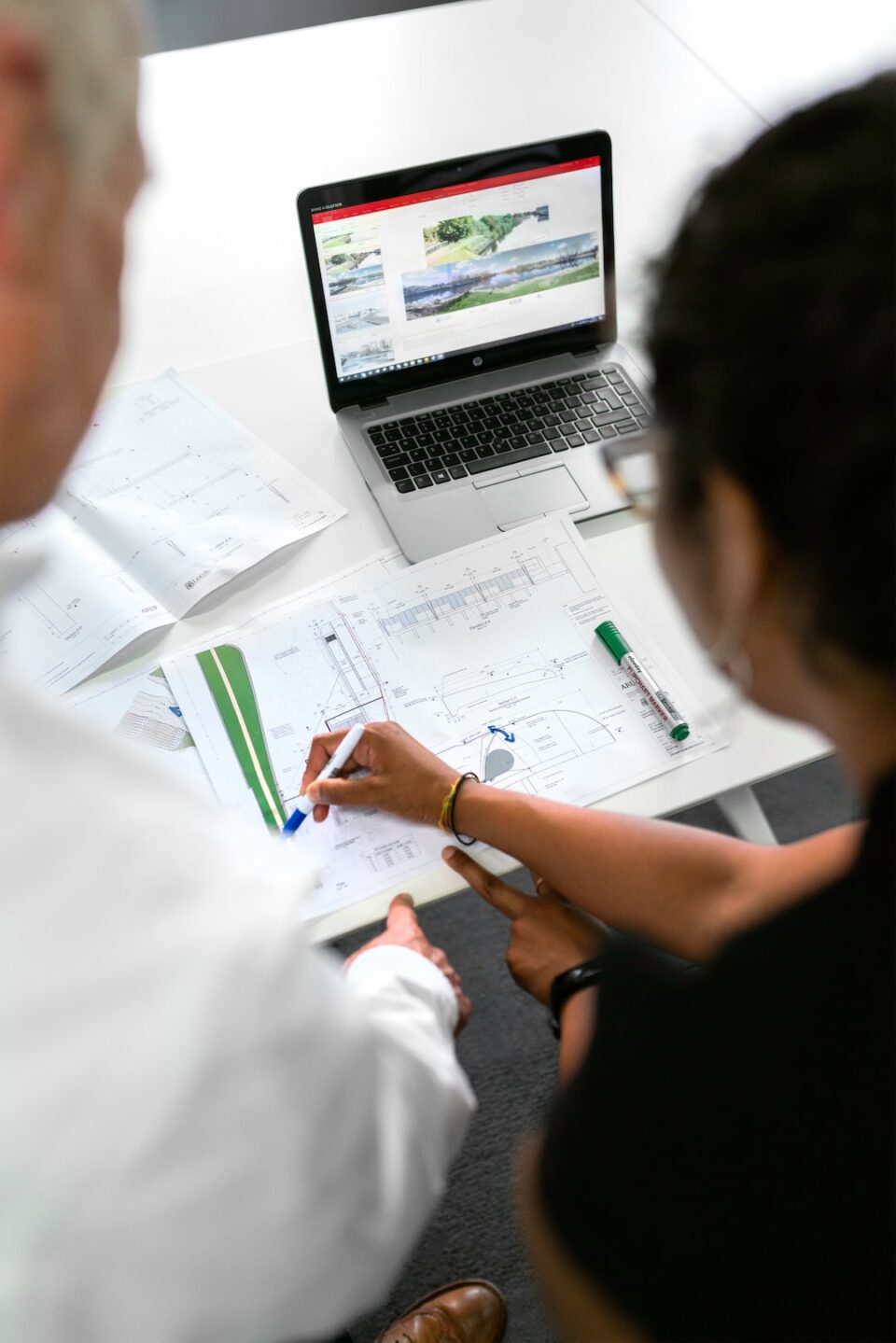The Importance of Continuous Learning in the Engineering Profession
Engineering is often considered one of the most respected and challenging professions in the world. It involves the application of scientific and mathematical principles to design, develop, and improve structures, machines, systems, and processes. As technology continues to evolve and societies become more complex, the field of engineering becomes increasingly critical. However, to be successful in this profession, one must recognize the importance of continuous learning and professional development.
Continuous learning is a process of acquiring new knowledge, skills, and competencies throughout one’s career. It is a lifelong journey that allows engineers to stay updated with the latest advancements in their field, adapt to changing technologies and societal needs, and enhance their problem-solving abilities. In the engineering profession, where innovation and efficiency are paramount, continuous learning is not only beneficial but also necessary for success.
One of the key reasons why continuous learning is crucial in engineering is due to the rapid pace of technological advancements. Over the years, there have been significant breakthroughs in various engineering disciplines such as civil, mechanical, electrical, and software engineering. New tools, materials, and methodologies are constantly being introduced, making it vital for engineers to stay current with these developments. Continuous learning enables engineers to embrace these advancements, integrate them into their work, and deliver superior solutions to complex problems.
Moreover, the engineering profession is interdisciplinary in nature, requiring engineers to possess a broad set of skills and knowledge. Continuous learning helps engineers acquire the necessary expertise beyond their specialization. For example, a civil engineer may need to understand basic principles of electrical engineering to design sustainable buildings with efficient energy systems. By continuously expanding their knowledge base, engineers can collaborate more effectively with professionals from various disciplines, leading to more comprehensive and innovative solutions.
Continuous learning also fosters creativity and encourages engineers to think outside the box. It exposes them to different perspectives, ideas, and approaches. As engineers explore new concepts and learn from various sources, they develop a diverse skill set and gain the ability to adapt their problem-solving strategies to different scenarios. This adaptability is vital in addressing complex engineering challenges, where solutions are rarely one-size-fits-all. Continuous learning equips engineers with the agility and flexibility to approach problems from different angles and invent creative solutions.
Another significant aspect of continuous learning in engineering is the concept of lifelong learning. The field of engineering is not limited to a specific period of formal education but extends throughout an engineer’s entire career. As technologies change and industries evolve, the knowledge and skills acquired during college education may become outdated. Continuous learning ensures engineers remain valuable assets in the workforce by providing them with opportunities to keep their skills relevant.
Continuous learning also contributes to personal and professional growth. It enables engineers to develop their leadership and management abilities, enhance their communication and collaboration skills, and improve their critical thinking and decision-making capabilities. These skills are essential for engineers not only to excel in their roles but also to advance their careers. Furthermore, continuous learning facilitates networking opportunities, allowing engineers to connect with peers, mentors, and industry experts, opening doors to new collaborations and career prospects.
In conclusion, continuous learning is not an option but a necessity for engineers. It enables them to stay updated with the latest advancements in their field, expand their knowledge beyond their specialization, foster creativity and innovative thinking, remain valuable in the workforce, and grow both personally and professionally. In a rapidly changing world, where technology plays a crucial role, engineers must embrace continuous learning as an integral part of their professional journey. By doing so, they can not only meet the challenges of the present but also envision and shape the future of engineering.


